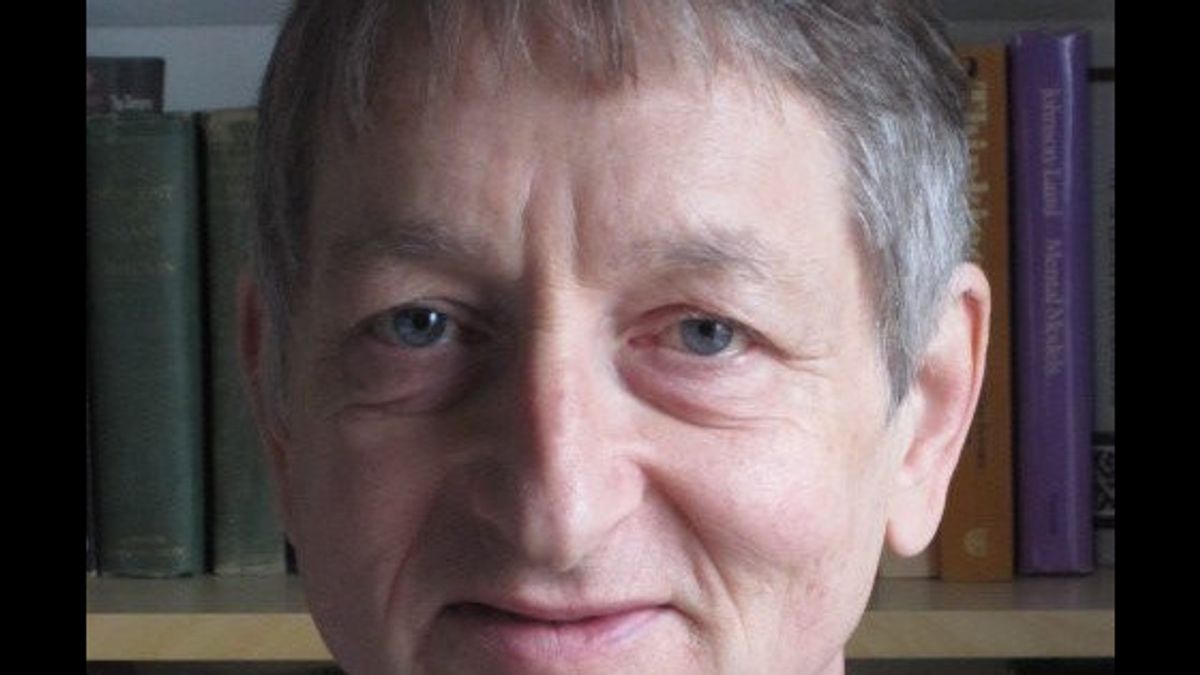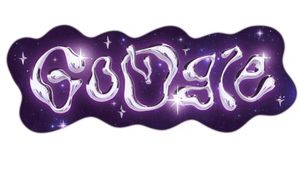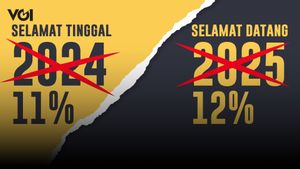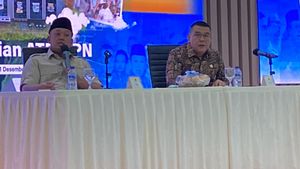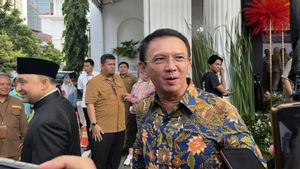JAKARTA - One of the pioneers of Artificial Intelligence (AI) Geoffrey Hinton, surprisingly ended his career at Google last week. Through this decision, he will freely warn the world about the potential threat of AI.
"I left so I could talk about the dangers of AI without considering how this impacts Google. Google has acted responsibly," Hinton said on his official Twitter.
Dubbed The Goodminton of AI, Hinton has worked part-time on Google for a decade in efforts to develop AI in the tech giant, and develop technologies that pave the way for today's AI systems.
However, the 75-year-old has serious concerns about the fast-growing speed of AI as it is today. For example, OpenAI with its ChatGPT and Google with Bard working on developing their products, but sacrificing security.
In fact, Hinton also regrets the work he contributes to on the pitch. "I entertain myself for normal reasons. If I don't do it, other people will do it," Hinton said during an interview with the NYTimes.
In the short term, the British-born man is worried that technology will make people no longer be able to know what is true because of the proliferation of fake images, videos, and text.
Hinton also pointed to the astonishing pace of progress, far beyond what he and others had expected. His views also changed when he believed the system was starting to behave in ways that were impossible in the human brain.
"The idea that this stuff can actually get smarter than people, some people believe that. But most people think it's far away. And I think it's far away. I think it's 30 to 50 years or even longer. Obviously, I don't think so anymore," said Hinton.
"Maybe what happens in this system is actually much better than what happens in the (human) brain," he added.
Before leaving Google, Hinton had also spoken openly about AI's potential to do good and also detrimental.
"I believe that AI's rapid progress will change society in a way that we don't fully understand and not all of its effects will be good," Hinton said in his opening speech in 2021 at the Indian Institute of Technology totaling in Mumbai, as quoted by CNN International, Tuesday, May 2.
Chances are, according to Hinton, will become more real in the years to come, as the company further refines and trains their AI systems. As they do, the system becomes more dangerous, which makes him afraid.
"Look at how five years ago and now. Take the difference and spread it forward. It's scary," said Hinton.
Hinton was not the first AI expert to sound an alarm of the dangers of the technology they had built. In recent months, two major open letters have warned about the huge risks it poses to society and humanity.
The letter, signed by many people who have helped create it and published by the Future of Life Institute, a non-profit organization backed by billionaire Elon Musk, comes just two weeks after OpenAI announced the GPT-4, a stronger version of technology that powers ChatGPT.
The English, Chinese, Japanese, Arabic, and French versions are automatically generated by the AI. So there may still be inaccuracies in translating, please always see Indonesian as our main language. (system supported by DigitalSiber.id)
